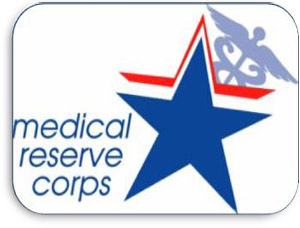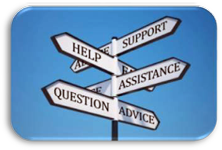Stay safe during hot weather.
Summertime heat can be dangerous for anyone. Some people are at risk of serious health effects – even death – from getting overheated. Health risks include dehydration, heat cramps, heat exhaustion, heat stroke, and worsening of health conditions.
NWS HeatRisk national map. Go there for a 7-day forecast map and description of Risk of Heat-Related Impacts by category.
Prepare for a heat wave:
- Know the symptoms of heat-related illnesses.
- Make sure that you can open your windows and/or that your air conditioner is working properly.
- Find out where cooling centers are near you, and when they are open.
- Choose someone that you can call for help or who can check on you.
- Talk to your doctor or pharmacist to learn more about medications that might make you sensitive to the sun or heat.
Overheated?
Heat-related illnesses occur when the body is unable to cool itself. The most common heat-related illnesses are heat stroke (sun stroke), heat exhaustion, heat cramps and heat rash. Here are the symptoms and first-aid responses. Click here for a NYSDOH web page of symptoms and first-aid responses.
Cooling Centers:
Cooling centers are facilities where you can go to cool off during extreme heat. If a cooling center is not available, libraries, supermarkets, malls, and community swimming pools are great places to stay cool.

Click here for a list of cooling centers by county. (In "List" view, scroll county dropdown menu to Tompkins.)
Remember, call before you go! Cooling centers may be closed at certain times or only available during extreme heat events. The phone number and address of each cooling center is provided in the listing. (Compiled by the NYS Department of Health and represents the most up to date information provided by local agencies.)
More information:
- Tompkins Ready.
- NYSDOH Keep Your Cool During Summer Heat.
- Also available in a PDF.
- NYSDOH Extreme Heat Advice.
- NYSDOH Keep Kids Out of Hot Cars.
- NOAA National Weather Service HeatRisk Map.
我们的公共卫生防范愿景:
成为能够抵御紧急情况和灾难对卫生造成影响的社区。
 |
了解应对措施了解在发生强风暴、停电等引起的自然灾害时该怎么做。 |
 |
旅行提醒和警示请在旅行前了解与特定目的地有关的卫生问题。 |
 |
采取行动担任医疗后备队的志愿者。我们一直在寻求医疗和非医疗志愿者来支持救灾工作。 |
 |
|
[页面顶部]

